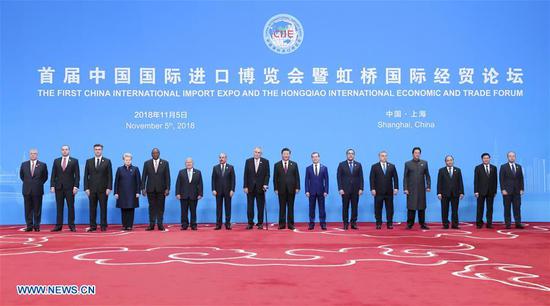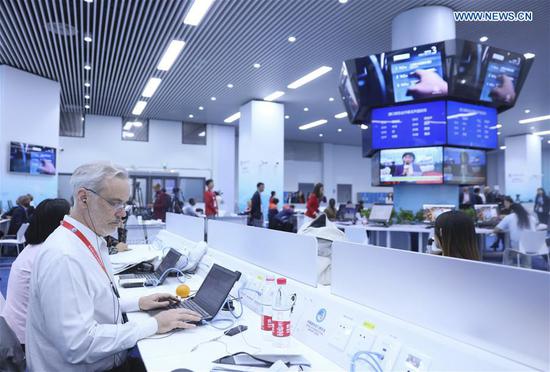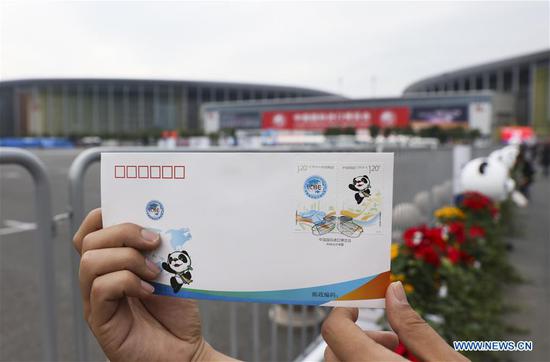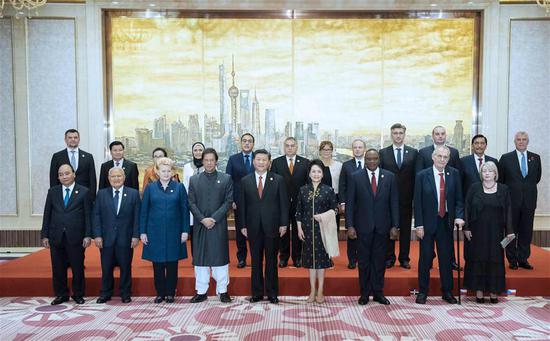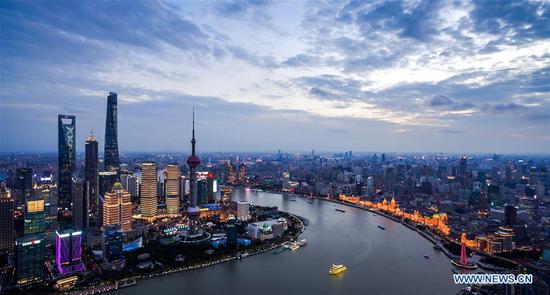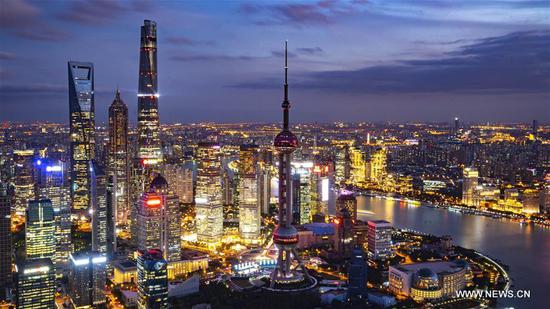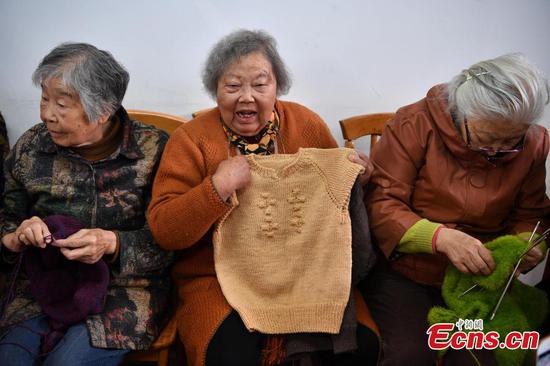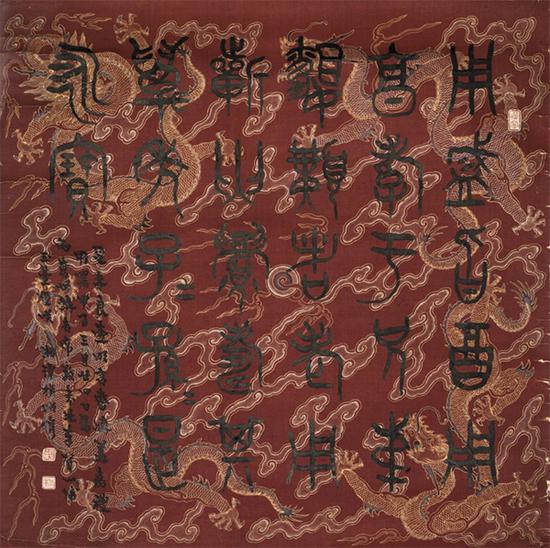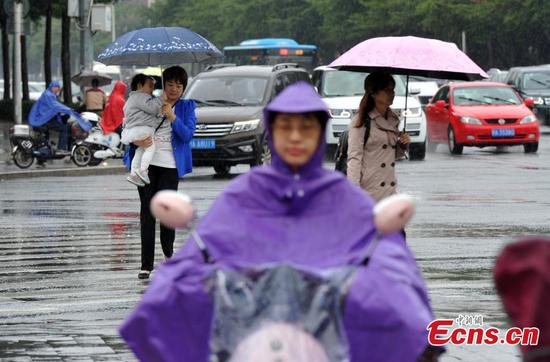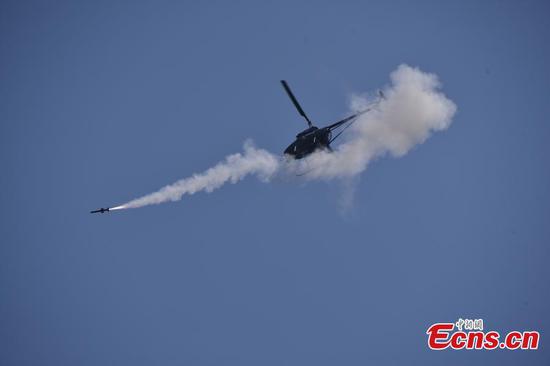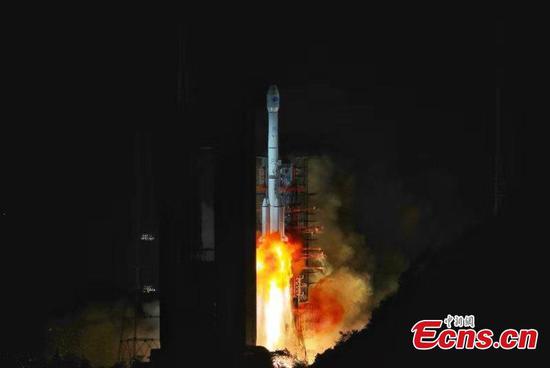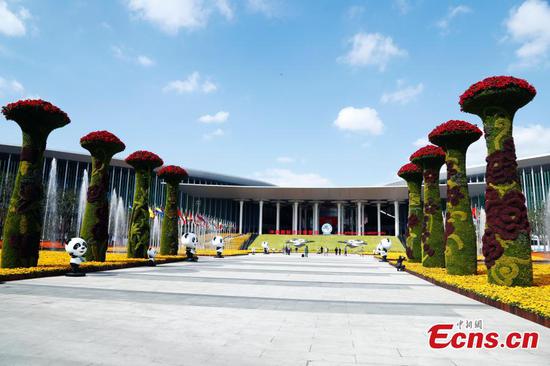Central bank will inject more liquidity into market, lower financing costs
China's manufacturing sector grew slowly last month after stalling in September, a private survey showed, while an extended contraction in export orders highlighted rising pressure on the economy as a trade war with the U.S. intensified.
The Caixin/Markit Manufacturing Purchasing Managers' Index (PMI) for October, released on Thursday, edged up to 50.1 from 50.0 in September.
Economists polled by Reuters had forecast a reading of 49.9, just off the 50-mark that divides expansion from contraction.
The Caixin survey showed factory output dropped for the second straight month and was only fractionally above the neutral 50.0 level, amid weaker demand at home and abroad. That dragged business confidence among manufacturers to an 11-month low.
While new export orders - an indicator of future activity - improved to 48.8 from 47.6 in September and they remained in the contraction phase for the seventh consecutive month as the trade war with the U.S. deepened.
Washington and Beijing slapped additional tariffs on each other's goods on September 24, and U.S. President Donald Trump has threatened to hit China with more duties.
The sub-index for overall new orders - domestic and foreign - rose slightly to 50.4 from 50.1 in September.
China's manufacturing sector has been squeezed by a reduction in sources of credit amid Beijing's multi-year crackdown on corporate debt and risky lending practices, with smaller firms especially under strain.
Policymakers have taken a slew of measures to reduce risks of growth, including injecting more liquidity into the market, lowering financing costs, cutting taxes and fees and pledging more support to private firms.
The People's Bank of China (PBOC), the central bank, issued its report on China's financial stability on Friday.
The report said that the country's economic and financial risks are generally under control and there is no danger of systemic risks.
China's macro-economic and financial policies will be more forward-looking, flexible and coordinated in 2019, according to the report.
The PBOC report called for solid implementation of efforts to ensure stability in areas like employment, the financial sector, foreign trade, foreign investment, domestic investment and market expectations.










